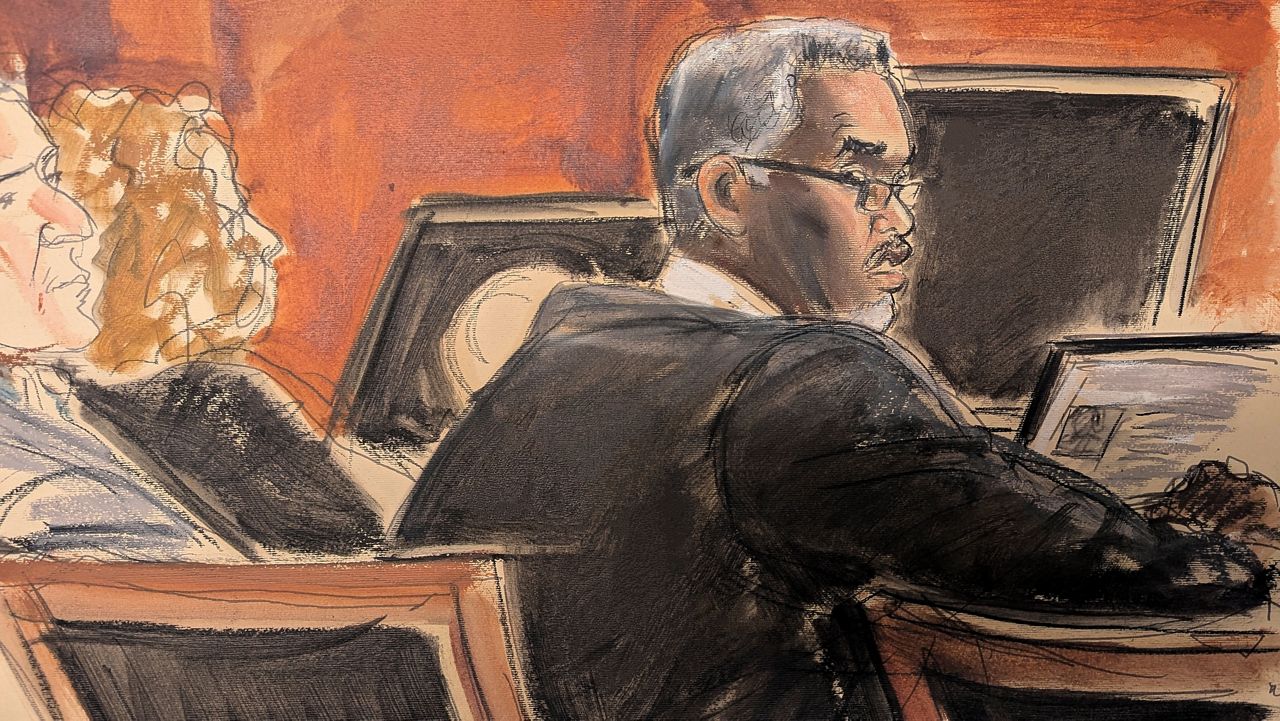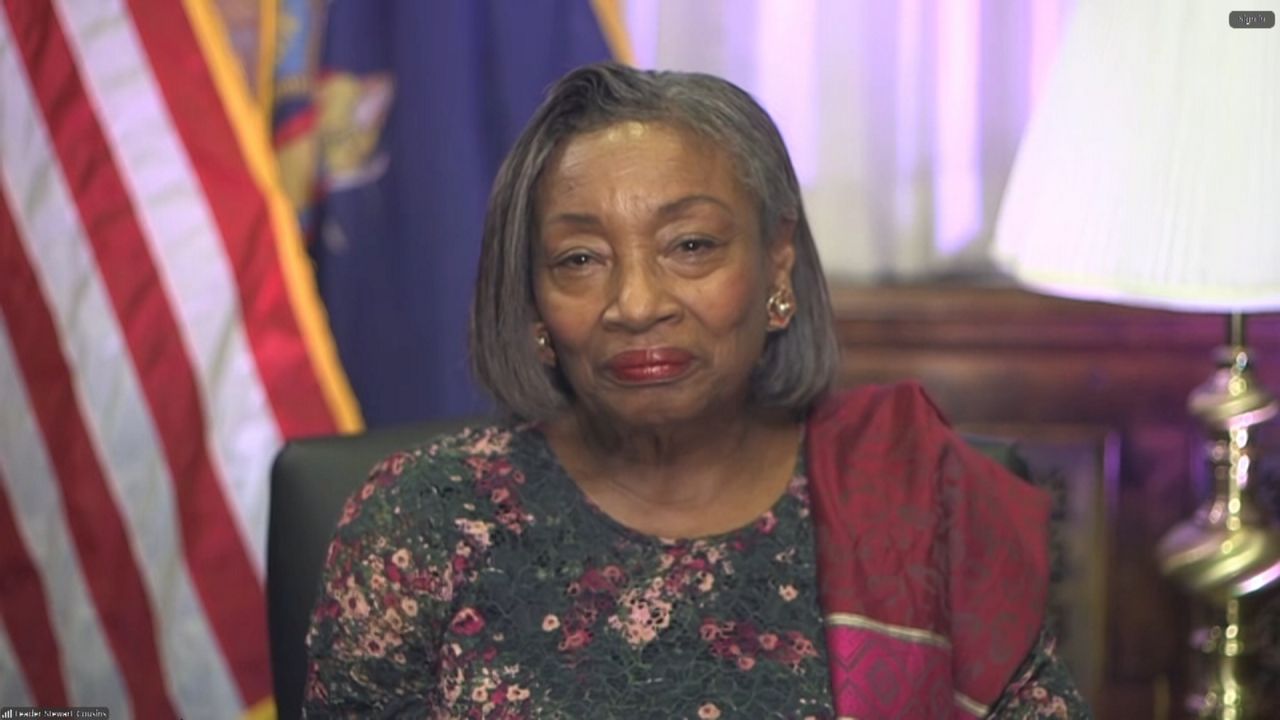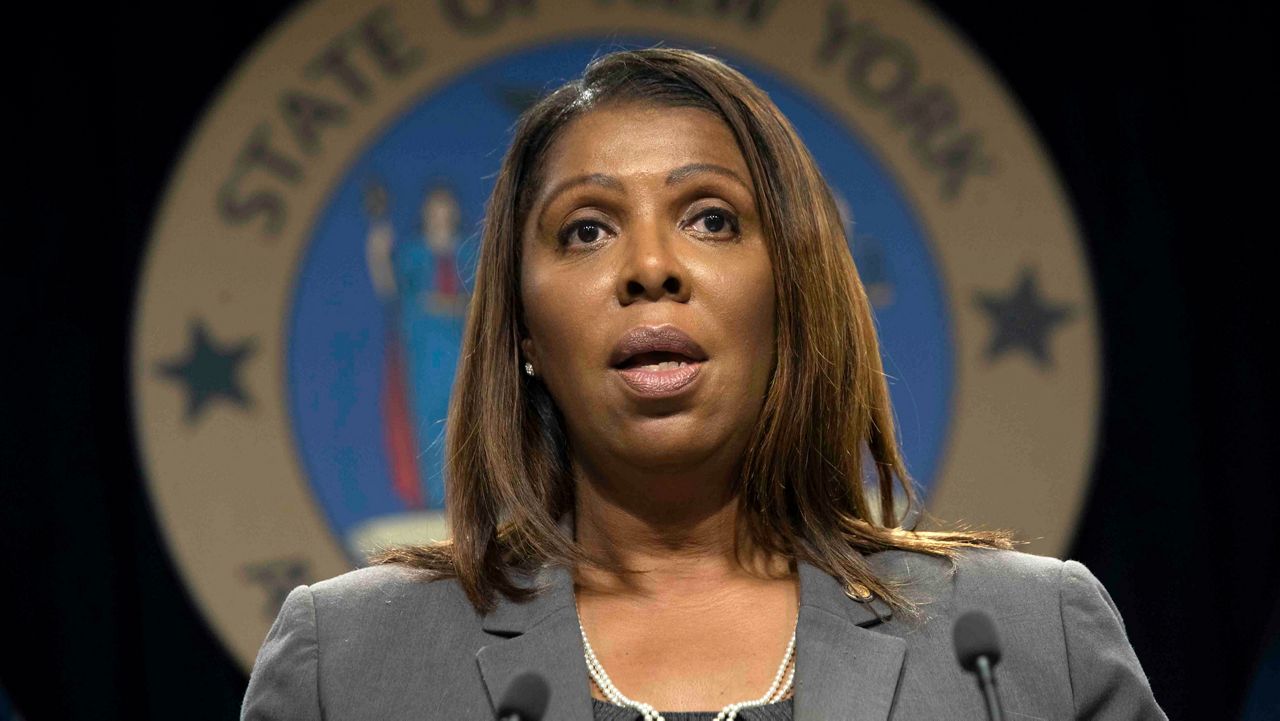Just over 22 years after the terrorist attacks on Sept. 11, 2001, New York City’s bravest have marked a grim milestone.
The number of FDNY members who have died from 9/11-related illnesses is now equal to the number of FDNY members who died on the day of the attacks: 343 the day of, and 343 in the years that have followed, the department said.
Hilda Vannata, an FDNY EMT, and Robert Fulco, a retired FDNY firefighter, both passed away recently, marking the 342nd and 343rd FDNY deaths caused by 9/11-related illnesses.
“With these deaths, we have reached a somber, remarkable milestone. We have now suffered the same number of deaths post September 11th as we experienced that day when the north and south towers fell,” FDNY Commissioner Laura Kavanagh said in a statement over the weekend. “Our hearts break for the families of these members, and all who loved them.”
Kavanagh said Vannata died on Sept. 20 after a battle with cancer, while Fulco died of pulmonary fibrosis on Saturday. Both illnesses resulted from “time they spent working in the rescue and recovery at the World Trade Center site,” she said.
The commissioner said thousands of other FDNY members still suffer from cancer and other serious 9/11-related illnesses.
FDNY Uniformed Firefighters Association president Andrew Ansbro and FDNY Uniformed Fire Officers Association president James Brosi held a news conference Monday morning to highlight the ongoing tragedy, and call on the federal government to provide more funding for the World Trade Center Health Program, which provides medical treatment and financial compensation for first responders who worked at the recovery site.
“In the coming days, we will bury the 343rd member of the FDNY that passed after Sept. 11, 2001, but sadly he will not be the last,” Ansbro said at the news conference. “There are thousands of New York City firefighters and other people who are related to the cleanup that have been diagnosed with cancer, and the number will continue to climb for us without an end in sight.”
“Sept. 11, for most people, is a part of history,” he added. “For New York City firefighters, it continues to be an ongoing tragedy as we care for our sick and continue to bury our dead.”
In late February of this year, a bipartisan group of lawmakers demanded Congress step in with an additional $2 billion in funding for the World Trade Center Health Program, warning services to tens of thousands of people were on the line.
Due to higher than projected participation and rising costs, advocates warned that if Congress did not act, the program might have to stop enrolling new people beginning in 2028.
The Senate in July approved $676 million in funding for the program.







_CG_Child_Care_Vouchers)

